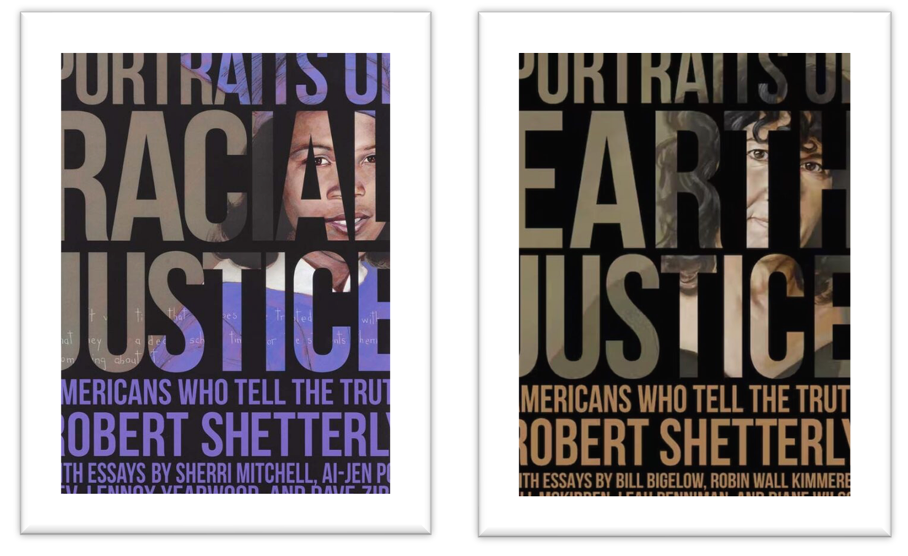Helping on the Hard Road to New Challenges
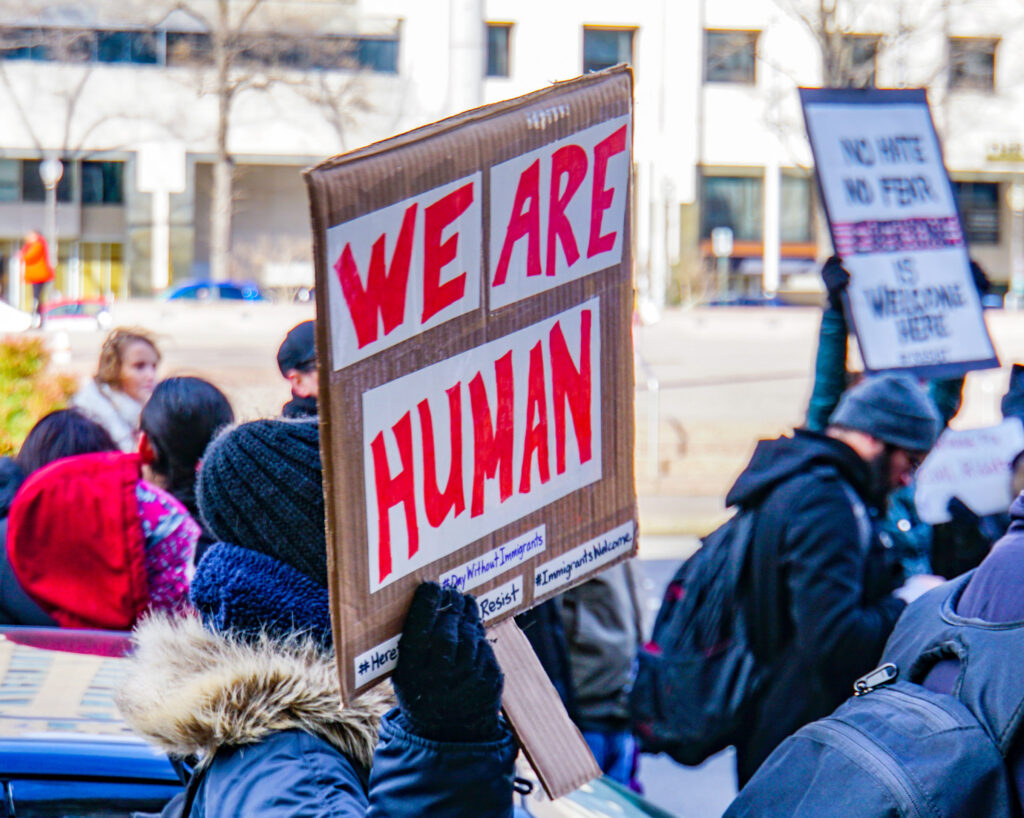
June is Immigrant Heritage Month – a time to celebrate immigrants and the contributions they have made to our communities. Sadly in this same month, 80 people traveling from Libya to Italy died when their boat sank off the coast of Greece. The ship was carrying some 750 passengers – the majority of whom were from Egypt, Pakistan, Syria and the Palestinian territories.
These individual level issues have significant implications for society. The United Nations estimated that as of 2015, 46.6 million people living in the United States were not born there. This means that about one-in-five international migrants (19%) live in the U.S. This is a sizable portion of American society and one that would benefit from additional supports and services to facilitate their adjustment and assimilation.
Creating Pathways Out of Homelessness
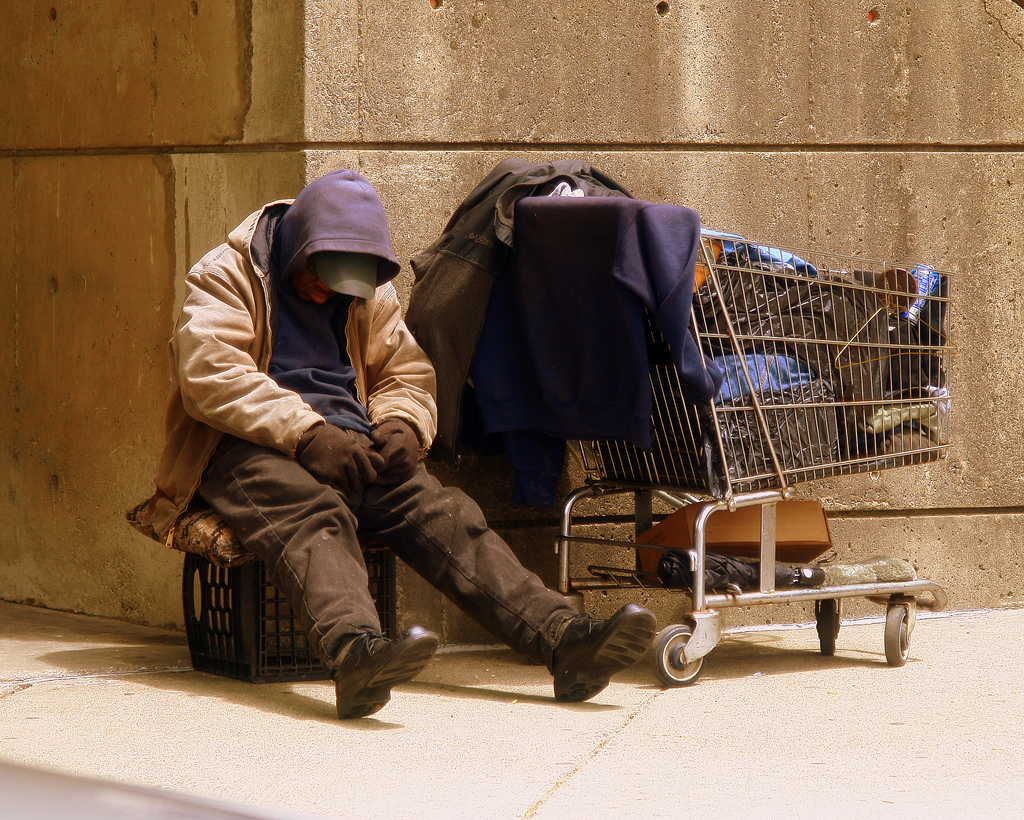
More than half a million people in the United States are experiencing homelessness. The rates of homelessness vary across states but California, which has one of the highest rate of homelessness, has seen a 6% increase in homelessness since 2020.
The statistics help us understand just how big of a problem homelessness is. But they also obscure the individual experience of being homelessness. The recent killing of Jordan Neely refocused national attention on the individual experience of being homeless.
As a returning citizen, I am keenly aware that, probabilistically speaking, I should be homeless. That I am not, is a blessing.
Learning From the Past
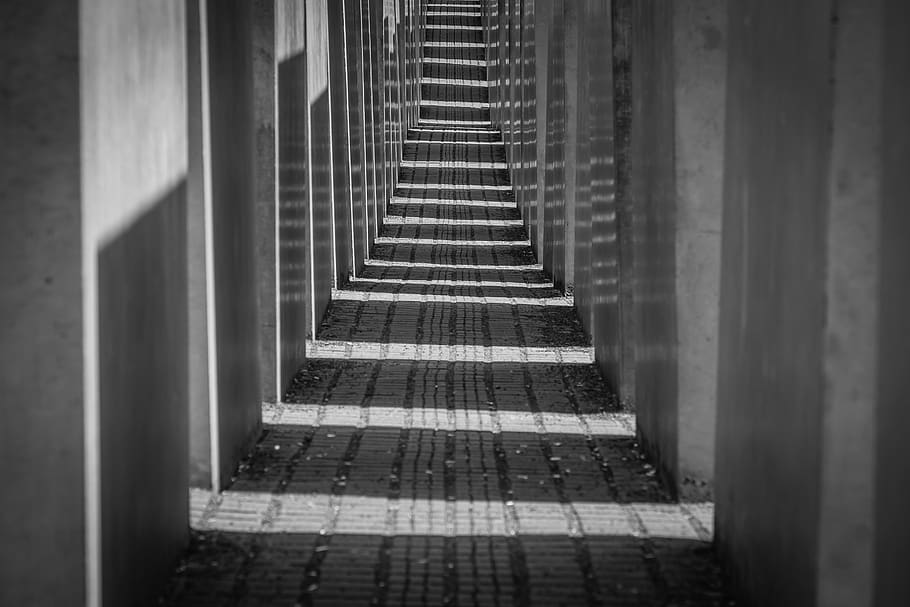
The Holocaust was an unprecedented attempt to annihilate a people and a culture. It illustrates the dangers of state-sponsored terror and it provides us a painful lesson on what happens when attitudes of prejudice, discrimination and dehumanization prevail.
2023 provided me with an opportunity to learn more about the Holocaust and explore its impact on humanity. I’m saddened to know that – even today – some Jewish people in America have come to anticipate violence and hate. I do not want to be part of a society characterized by prejudice, discrimination, racism and intolerance.
Who’s Responsible for Protecting the Children?
A recent NYT investigation revealed that it’s a significant problem in the United States. Journalists spoke with more than 100 migrant child workers in 20 states who were suffering physically, mentally and emotionally as a result of their work environments. Children are routinely made to work 17-hour days in environments where they are exposed to toxic fumes, excessive noise, and dangerous machinery. Current laws and regulations don’t do enough to protect children from exploitation by employers. The agencies responsible for enforcement aren’t being held accountable for doing their jobs effectively. If nothing changes, America will become a society that not only permits, but perpetuates exploitative child labor practices.
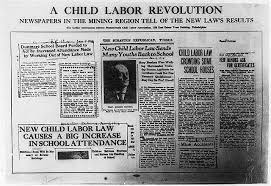
The Dangers of Quiet Submission
The video of Trye Nichols’ brutal death is disturbing, jarring, and horrific. Watching police officers violently attack an unarmed man is emotionally and psychologically traumatizing. The video is an undeniable example of policing gone wrong.
Beyond highlighting the deadly effects of broken policing systems, the video illustrates a sad reality of life in America. What happened to Tyree Nichols could happen to any American. Statistically, however, we know that type of abuse is more likely to happen to Black and Brown men.
The video of Mr. Nichols’ murder shows us that America cannot be a safe place if policing systems are left unchecked. Under current conditions, citizens life and liberty are not guaranteed. We are all at risk.
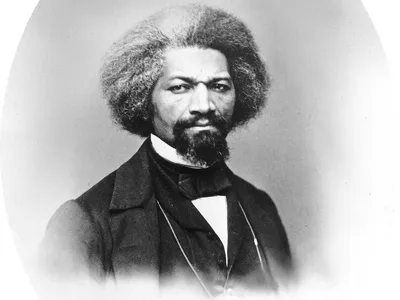
Why the Truth Matters
About a week before the Christmas holiday, the New York Times ran a story on George Santos, the newly elected Congressman representing New York’s Third Congressional District. What was surprising about the Time’s reporting is that the people who elected George Santos didn’t really know much about the real George Santos. Voters elected a persona that had been invented for public consumption.
Santos’ misrepresentations exacerbate the ongoing erosion of social trust in government. When social trust collapses, experts warn, nations fail. I believe truthtellers have protected and improved our society. Their behavior stands in stark contrast to Mr. Santos’.
Trading Lives

On December 9, 2022, Brittney Griner was released by Russian officials. She had been detained on February 17, 2022 – two weeks before Russia invaded Ukraine – and sentenced to 9 years in prison on drug charges. Her release was part of a prisoner swap between the United States and Russia.
In exchange for Griner’s, the US released Viktor Bout, a notorious arms dealer. Bout, now back in Russia, is on a state sponsored media tour praising Putin and defending Russia’s invasion of Ukraine. Griner is in a miliary hospital in Texas, receiving medical treatment and psychological support.
The Unconscionably of War
The war in Ukraine began in February 2022. I learned about the conflict while serving time in a federal prison in Alderson, West Virginia. I caught real-time updates by watching a silent television from the doorway of the common room and reading days-late deliveries of the Wall Street Journal.
Even though we feel we can do little to stop the violence ravaging Ukraine, we should resist the tendency to become psychologically numb to the human suffering the war has created. Rather, we should use our understanding of those events to practice being more compassionate towards others. Then, as Marcus Aurelius said, we “rise to do the work of a human being”.
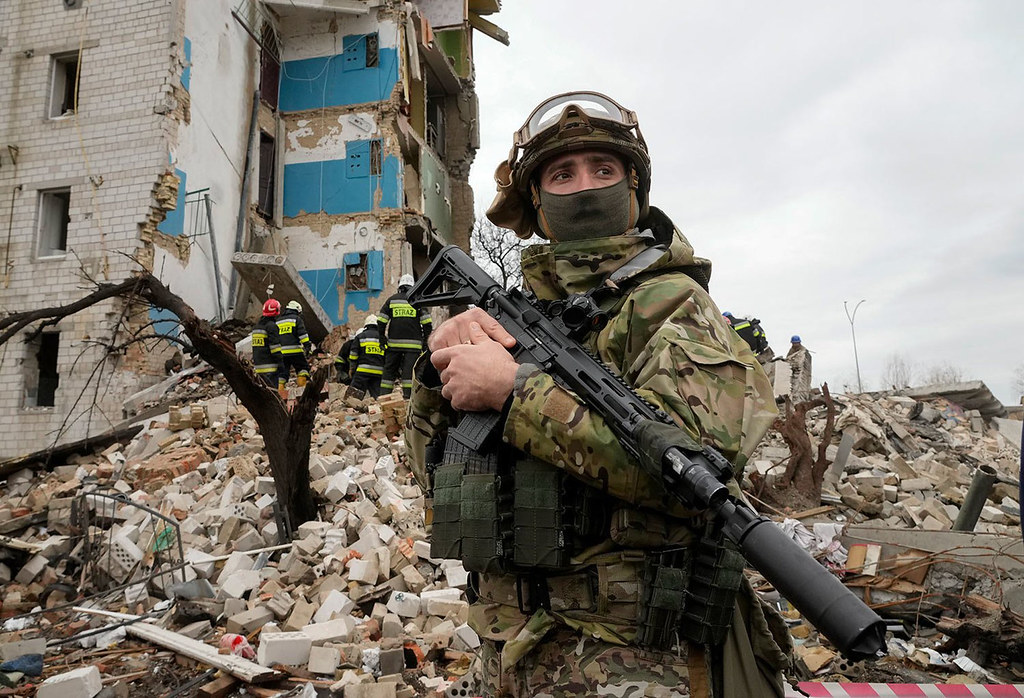
Remembering Where We Came From
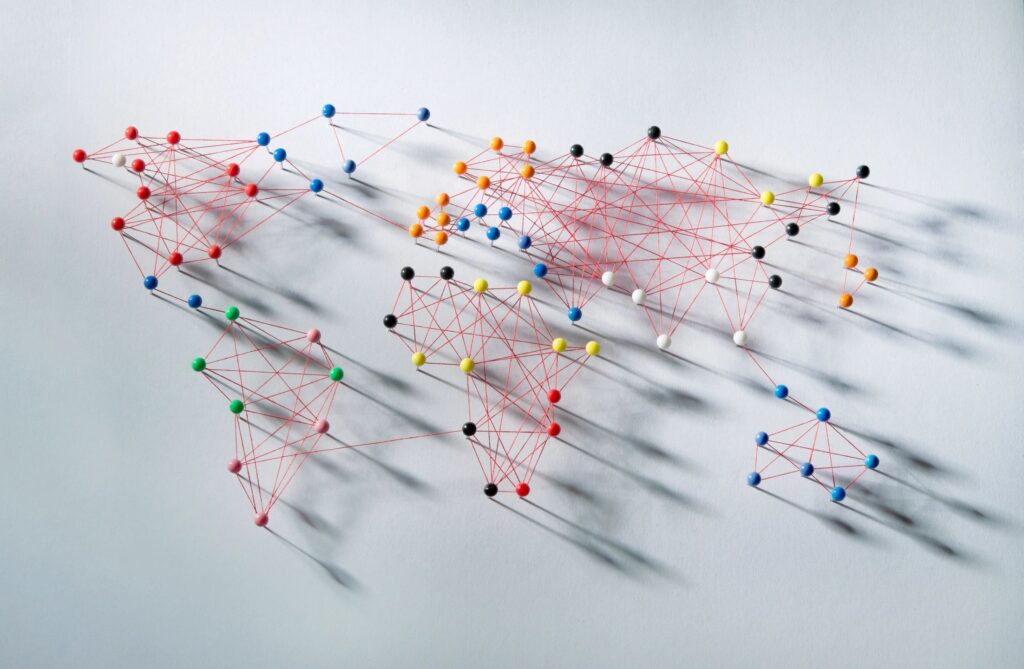
Given that so many Americans are really, first, second, or third -generation – it shouldn’t be hard for us to recognize that the hardships endured by those who arrive in American today are similar to those experienced by our grandparents or great-grandparents.
Citizenship status is not what unifies the people of a nation. Our collective humanity and shared values are what render us more the same than different – irrespective of the country in which we were born.
More Similar than Different

A recent NYT article examined the causes for protests in Iran that began on Sept 17. In the 2022 protests, which are the largest since the Green Movement protests in 2009, Iranians have taken to the streets in protest economic and social conditions in their country.
The conditions in Iran are unjustifiable in any terms. The protests in Iran provide Americans with an opportunity to examine more closely what happens in their own country. My first-hand experience of the American government suggests we are not much better at protecting citizens’ human or individual rights.
Embracing Our Human Vulnerability
I am keenly aware of my human vulnerability. As a result, I am sensitive to the dangers present in everyday living– risks are unpredictable and do not discriminate. There are too many to enumerate: you can get into a car accident when driving, you could lose your job, you could get diagnosed with a terminal illness. There’s no to way predict these things will happen – but we know they could.
Coming to terms with my own vulnerability allows me to turn my attention more fully to the numerous social injustices that threaten our collective humanity. My vulnerability does not make me weak; it is my source of strength.

The Benefits and Risks of Seeking Efficiency
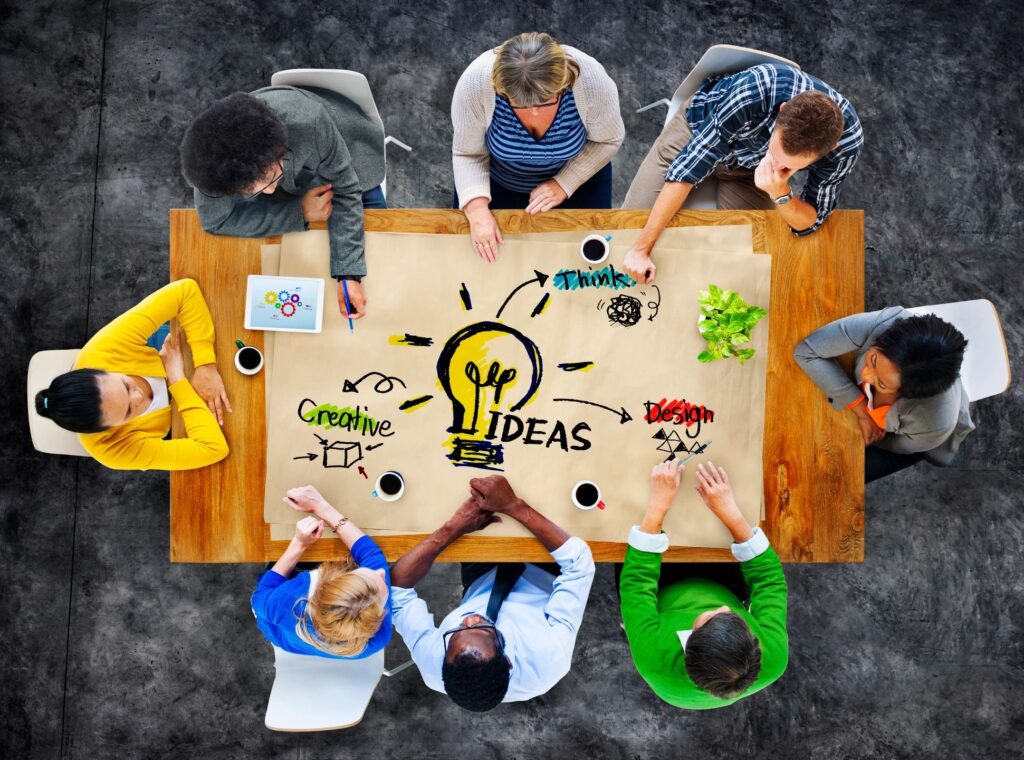
This month’s cover story in Time Magazine explores effective altruism (EA), a movement based on the belief that our individual actions can change the world. The EA movement links the choices we make today with the wellbeing of future generations.
Interestingly, my reaction to the concept of Effective Altruism seems to go against my natural tendencies. I share that with you in the post that follow.
My exploration of Effective Altruism left me with many valuable insights, including the dangers of over relying on methodology and the importance of demonstrating simple acts of kindness when leading project teams.
I hope you also find takeaways that help you grow personally and professionally.
The Importance of Upholding Human Dignity
Four days after I was released from federal prison, the New York Times posted an Op-Doc on Jack Powers documenting his first day as a free man after 33 years in prison.
I had not heard of Powers before, but much has been written on him and his odyssey in the federal penitentiary system.

A Path to Mindfulness
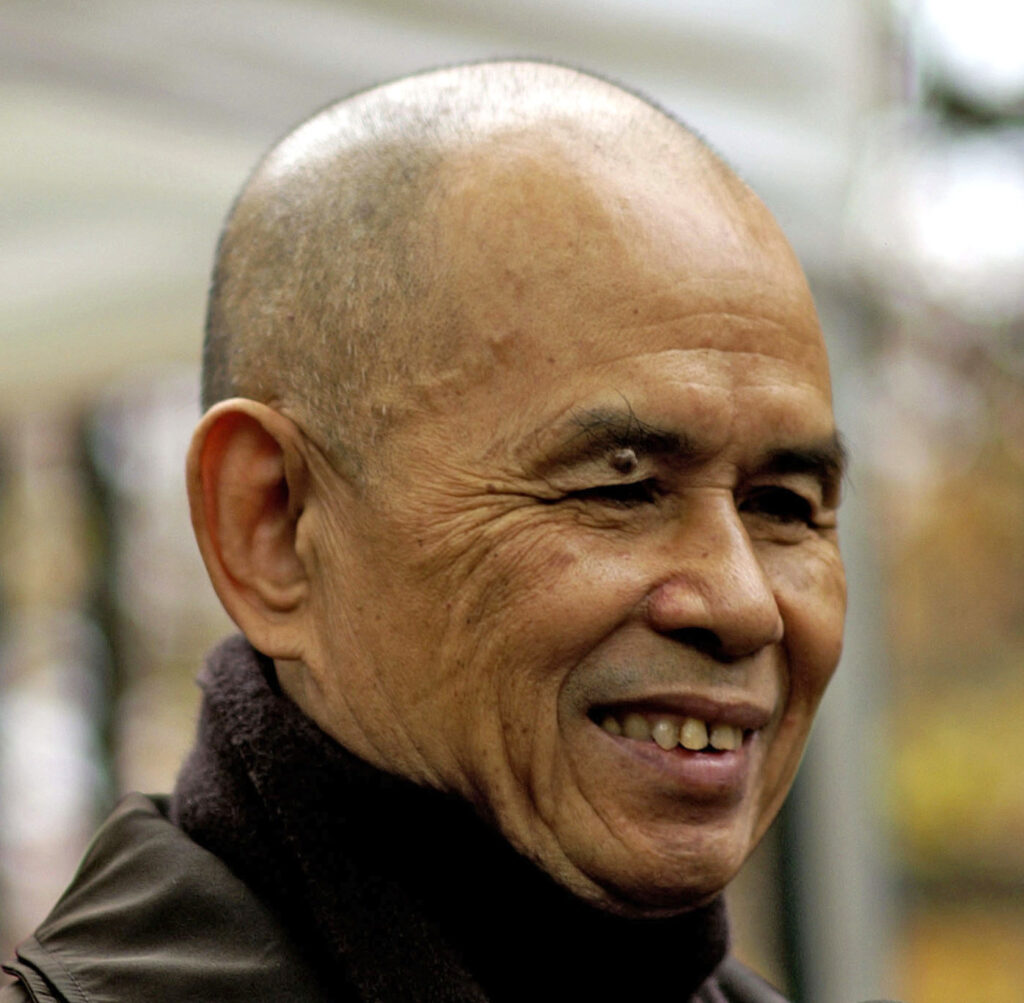
Thich Nhat Hanh, a renowned Vietnamese Buddhist monk died on January 24, 2022. His organization, Plum Village, describes him as “a spiritual leader, poet and peace activist”. He taught about mindfulness – being in the present moment” or living in the now. He also worked to advance global peace.
Despite the challenges of becoming mindful, Thich Nhat Hahn was considered a master of mindfulness. He wrote over 70 books on the topic and founded communities based on the principles of mindfulness.
Being in the “now” means intentionally focus our attention on what’s happening in the world and choosing to not ignore how it affects humanity. It means speaking out against injustice and taking action to improve the conditions that affect other human beings.
Gun Violence: Collective Responsibility
At 2:45 pm on Saturday, January 22, 2022 and 8 year old girl, Melissa Ortega, was killed while walking with her mother. She was an accidental victim of gunfire exchange on a street in the Little Village neighborhood of Chicago. Another child was nearly killed by a second stray bullet that destroyed the back window of the car where she was sitting.
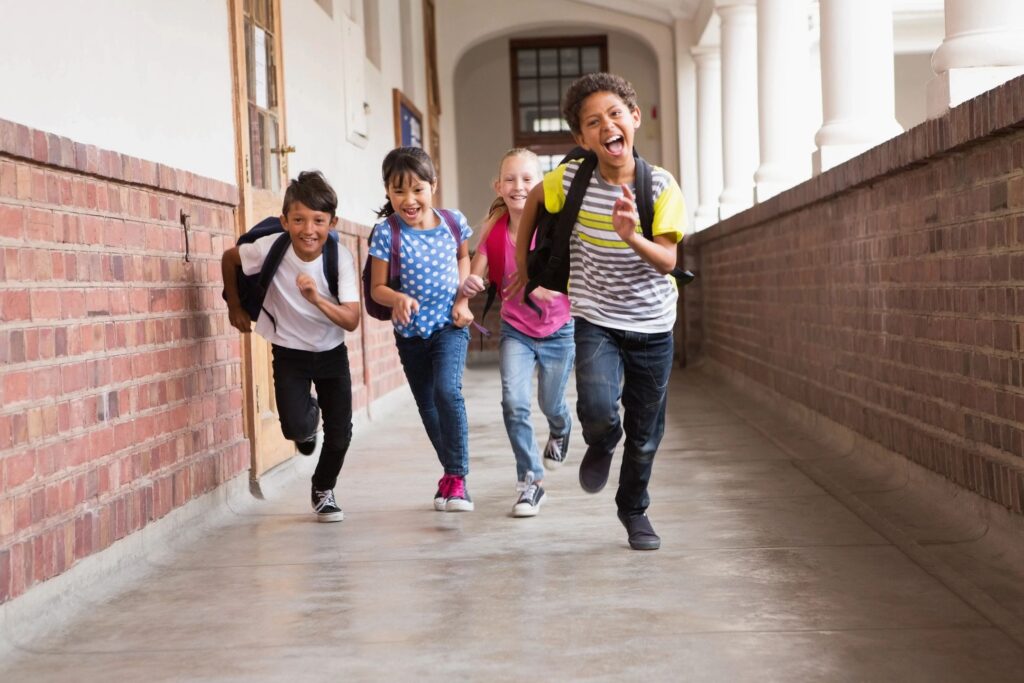
The problem of gun violence does not belong to Little Village. It belongs to those of us who understand that we must speak up for children who live in dangerous communities and advocate on their behalf.
The Power in a Name
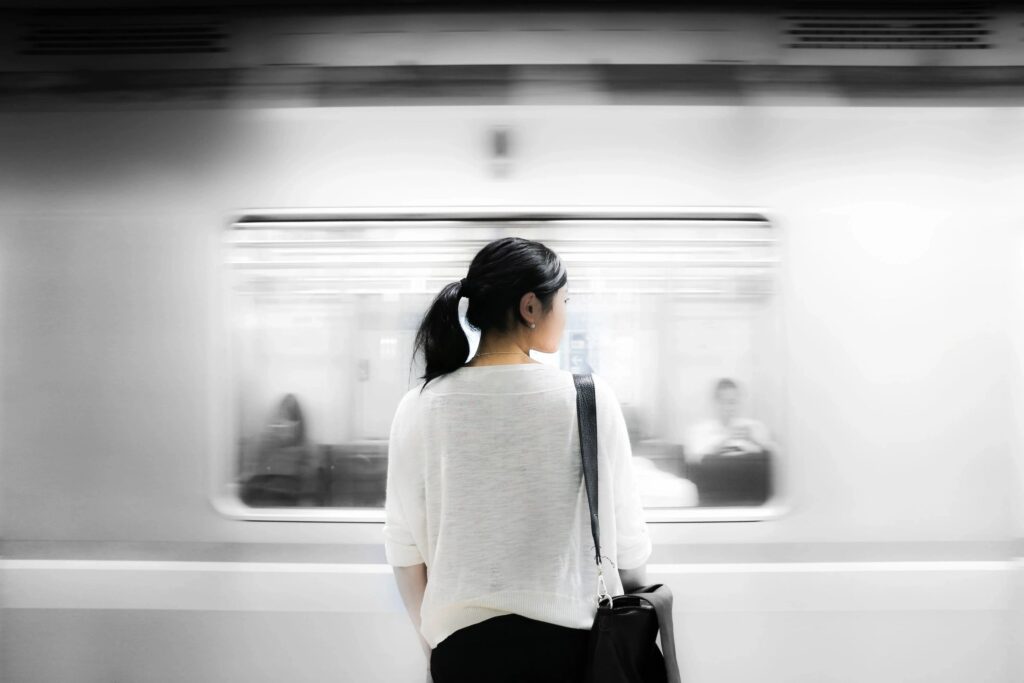
On January 5, 2022, Marian Chia-Ming Liu, a Chinese American journalist, wrote a powerful piece in the Washington Post in which she proudly reintroduces herself to readers using her full American-Chinese name. In her essay, Liu shares her experiences being caught between two cultures as a child and explores how this continued through adulthood.
The injustice done to one of us is a wrong done to each of us.
Equity and Dignity in Public Housing
On January 5, 12 people were killed in a fire that tore through a centuries-old row home in the Fairmount section of Philadelphia. Eight of those killed were children. The avoidable tragedy has drawn attention to the reality that families who rely on public housing face.
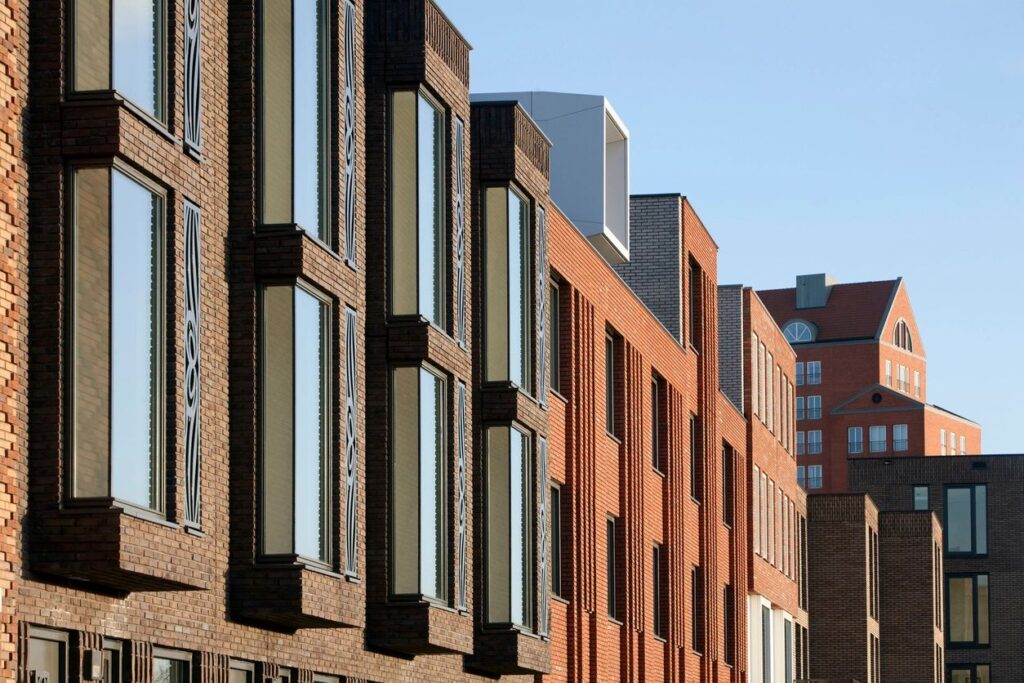
The demand for public housing is not going to disappear. If nothing is done to improve funding and supply, the magnitude of the loss of life that occurred on January 5th could happen again. And if it does, we cannot say we did not know.
Socrates and Social Media
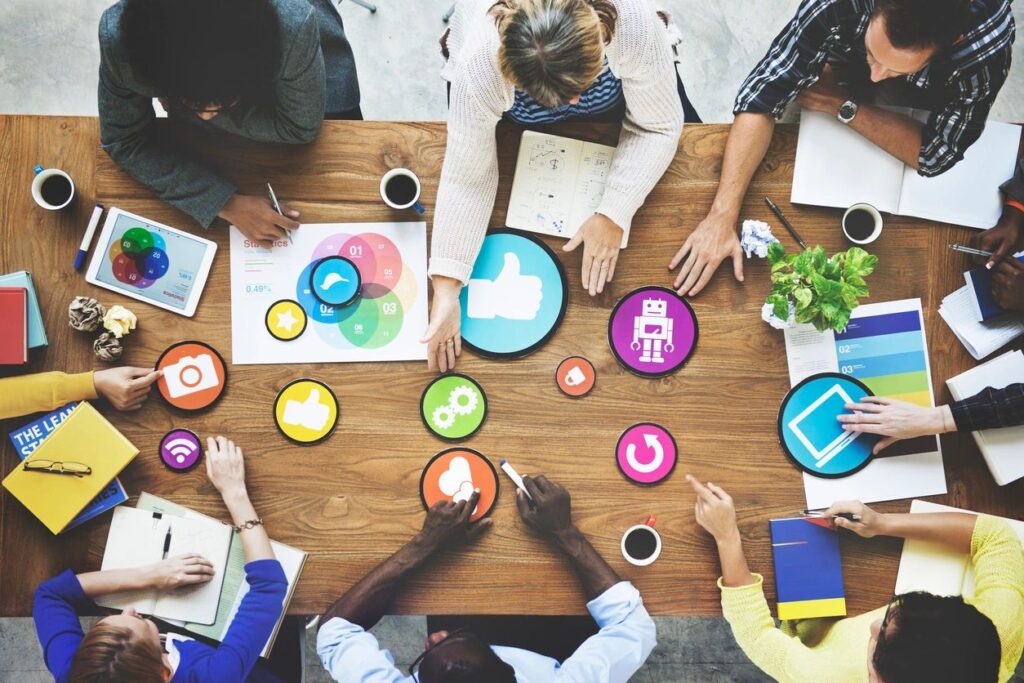
In a recent Washington Post opinion column, George Will explores the Socratic method – what he calls the “art of civilized arguing” – in modern society. Will compares debate in the time of Socrates, around 400 years BC, with the approach that dominates American public discourse on social media today. The former is a collaborative, expansive, and non-adversarial process. The latter involves confrontation, restricted access to information, and social pressure.
If Socrates facilitated a debate on the use of social media in today’s society, what questions might he ask to prompt us to think more deeply about the current state of public debate in America?
Extending Place-Based Interventions to Schools
In October 2021, Eugenia C. South published an opinion piece in the New York Times that discussed the impact of her research on randomized place-based interventions to reduce community violence.
South’s approach to transforming the adult experience of living in inner-city neighborhoods should be expanded to include improving the lives of other inner-city residents: children.
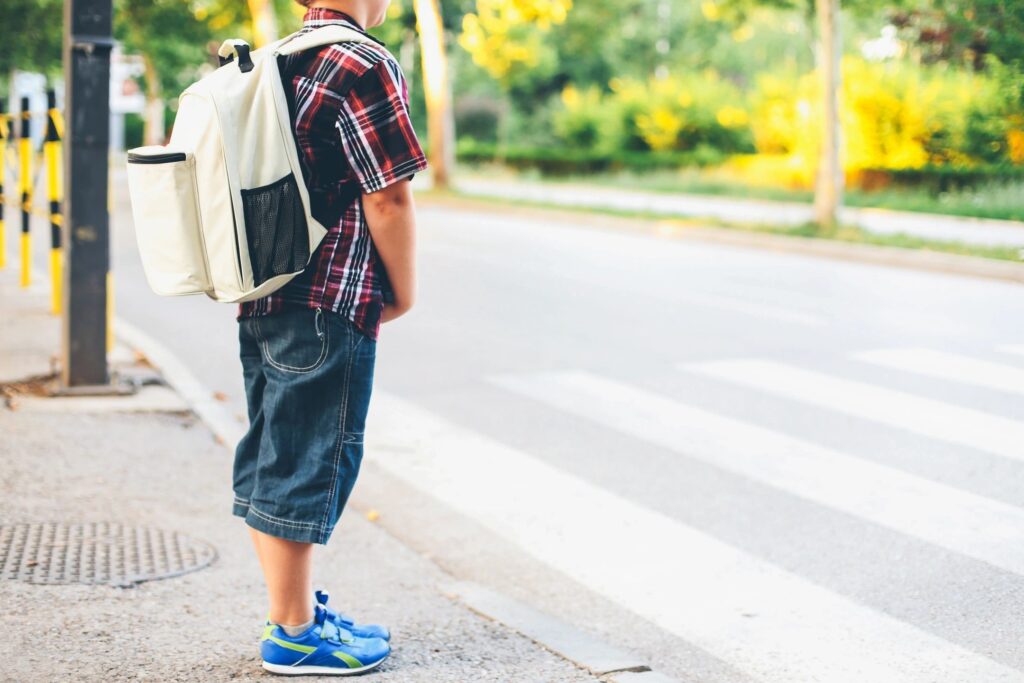
South has devoted her entire career to strengthening under-resourced communities. Now let’s expand her work – and seek to produce the same positive outcomes, one school community at a time.
Building and Rebuilding Communities
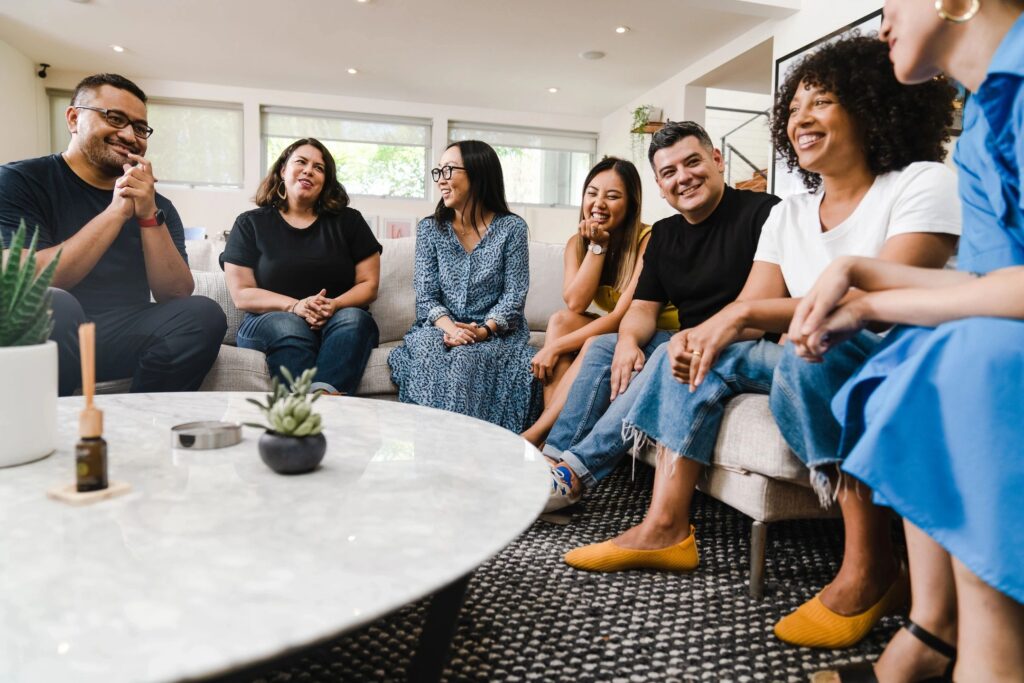
On December 10, 2021, deadly tornadoes ravaged six states. Rescue workers responded as quickly as possible but found hundreds of fatalities and injured among those working night shifts a local factories and warehouses.
Our ability to help is not determined by how far or near we live to the impacted states, what expertise we have, or how much financial support we can donate.
It Depends on All of Us
In mid-November Peng Shaui, the first Chinese professional tennis player to be ranked Number One in doubles disappeared from public view after accusing a government official of sexual assault.
Many are concerned about the tennis star’s safety but the motivations for speaking out in support of her vary.

Fortunately, the public is aware of Shaui’s situation and is advocating for her wellbeing. But who’s advocating for the everyday citizens who are also victimized by the powerful? How many other Shaui’s are out there with no platform to tell their story?
Good Journalism Benefits Society

In October 2019, a controversy erupted in Maplewood, New Jersey over a teacher’s attempt to remove a hood from the head of a child who is an observant Muslim. The story revealed how the interaction gave voice to a broader, more generalized tension between different groups living in the same community.
In short, society would be well-served by approaching issues of diversity with the same objectivity and curiousity Tully showed in her writing. Had the residents of Maplewood adopted some of the principles of good journalism, the ensuing interactions may have been less combative and more constructive.
Does America’s Justice System Work or Not?
Right before Thanksgiving, American news channels provided extensive coverage of two high-profile murder trials. In one case, the defendant was found not guilty. In the other, all three men were found guilty.
How do Americans determine if their criminal justice system is working or not? The outcome of any one trial might not be the most reliable indicator.
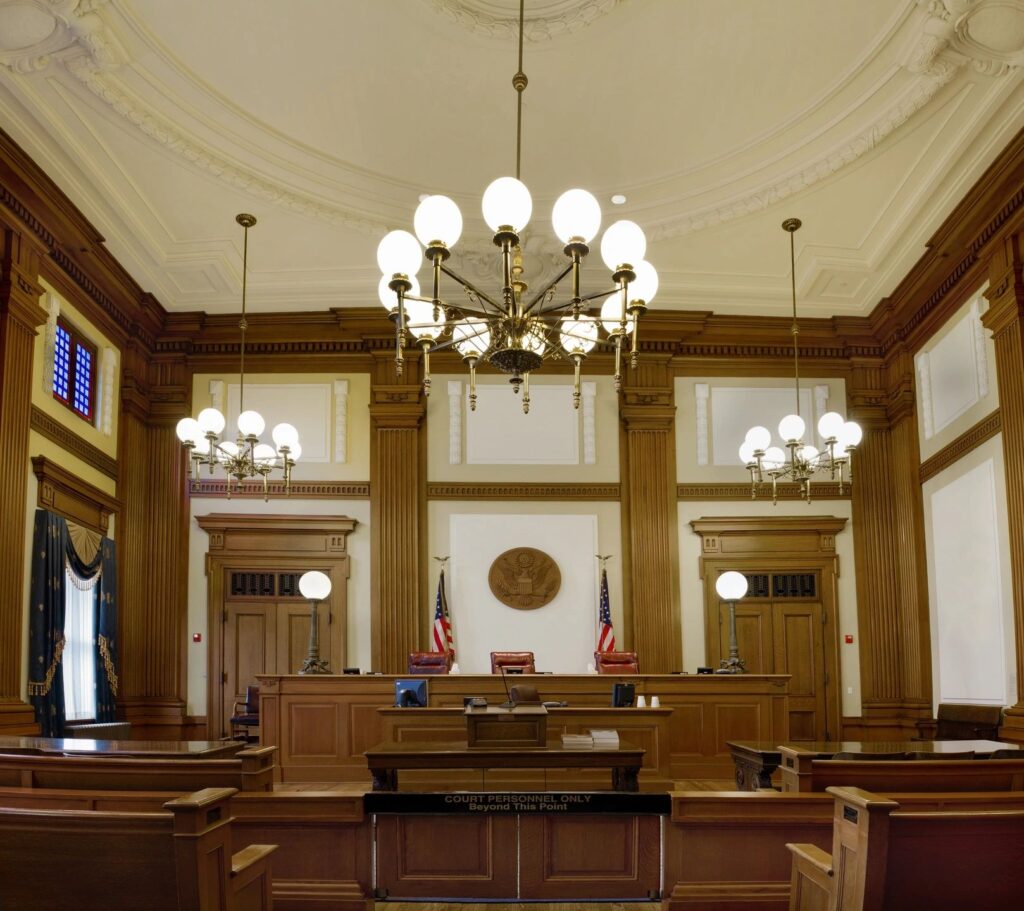
Yes, the verdicts rendered by juries are important. But they are only one element in a complex justice system. Having an effective criminal justice system does not mean that the public always agrees with the verdict. Rather, the public has faith in the institution.
Choosing Not to Look the Other Way
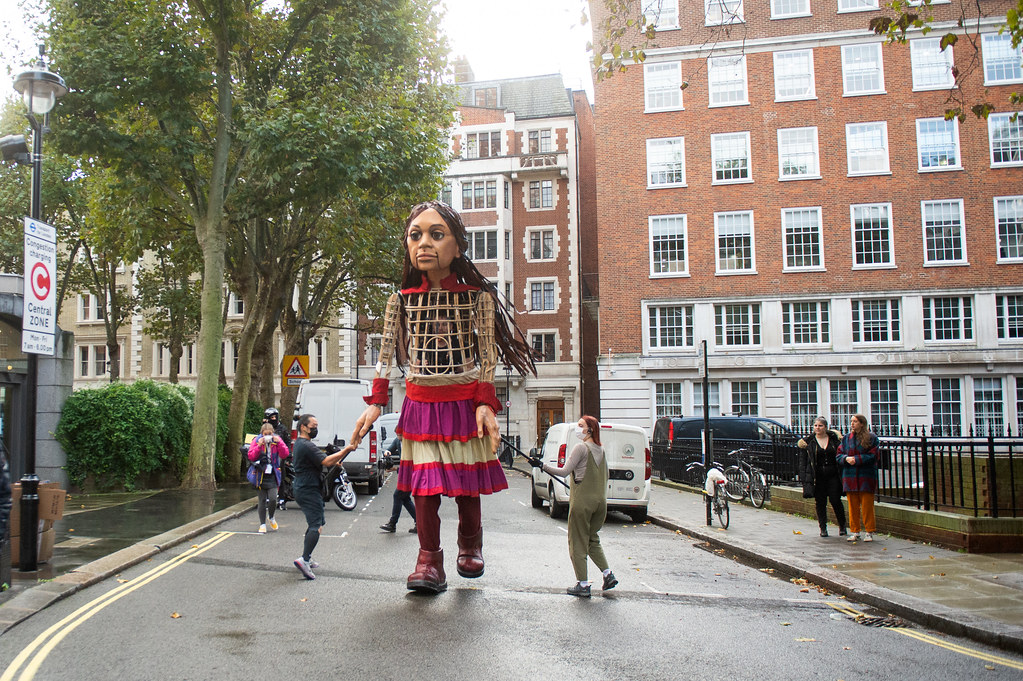
Last week, the New York Times published a summary of “The Walk”, the journey of Little Amal, a nine-year-old Syrian refugee who sets out in search of her mother. Amal, whose name means hope, is a 12-foot-tall puppet who has traveled over 5,000 miles in the last four months.
By becoming informed about and standing up for Little Amal, and all those like her, we embrace our personal responsibility as human beings to act in ways that build a better society.
Positive Effects of Uncertainty
The pandemic has forced us to accept new levels of uncertainty in our lives. Our inability to know what will happen to us next causes stress. For many, this reality has led to sadness, depression, anxiety, and general unhappiness. Beyond helping Americans deal with COVID-related stress, becoming more comfortable with ambiguity and uncertainty might yield additional benefits for society.

Beyond helping Americans deal with COVID-related stress, becoming more comfortable with ambiguity and uncertainty might yield additional benefits for society.
Feeling or Doing?

In his most recent column, John McWhorter questions if white guilt is a necessary prerequisite for creating a better, more equal society. He asks, “What purpose does fostering white guilt serve?”. It is a straightforward question, albeit not one that has a simple answer.
I think the ones who will choose to help will be those who cannot remain indifferent.
Earlier this month, the public learned that Facebook’s concerning pattern of self-serving business decisions reached new heights. However, it should not take a news report that follows the leak of Facebook’s product research to call our attention to the need to exercise caution with social media.

The most recent Facebook crisis created an opportunity for society to examine our relationship with social media.
Awareness Is Personal

A recent article in the New York Times raises important questions about awareness campaigns, how we experience them, and the impact they have on society.
Instead of jumping on the bandwagon, let’s take the opportunity to reflect on what the issue means to us.
Recent coverage of the Gabby Petito case showed that media coverage of crimes does not accurately reflect the frequency of these events across American society. Nor does it accurately reflect the demographics of who the victims are. The crime is not important because of who it happened to. It’s important because society needs to know it can happen and it does happen – much more than we realize – to people that look like us and people who do not.
What can each of us do in our daily lives to promote more inclusive, representative and accurate media coverage of the events that impact our society?
Language Matters
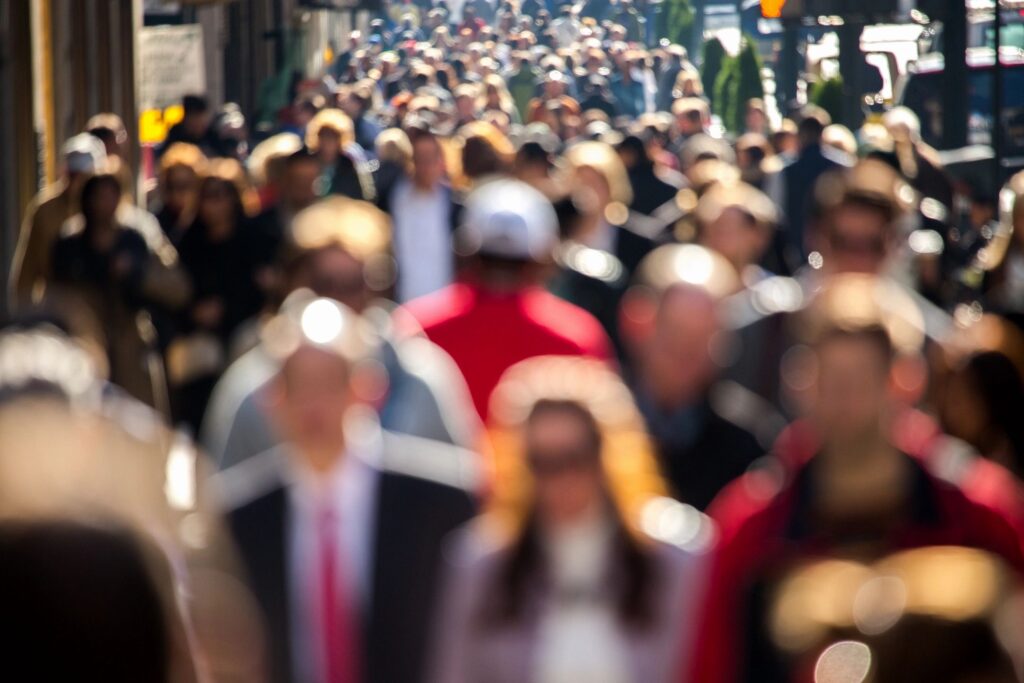
A recent article in the Washington Post highlights the importance of being careful with the words we use when referring to mental health conditions.
There is a larger issue of how we chose words and our understanding of the effects these choices have on others.
Same Strategies, Different Contexts
Sometimes we think that our circumstances are so different from what other people experience that there is no possible way anyone could understand what we are going through.

While each individiual’s experience of adversity is unique to them, there are some common approaches that benefit everyone.

